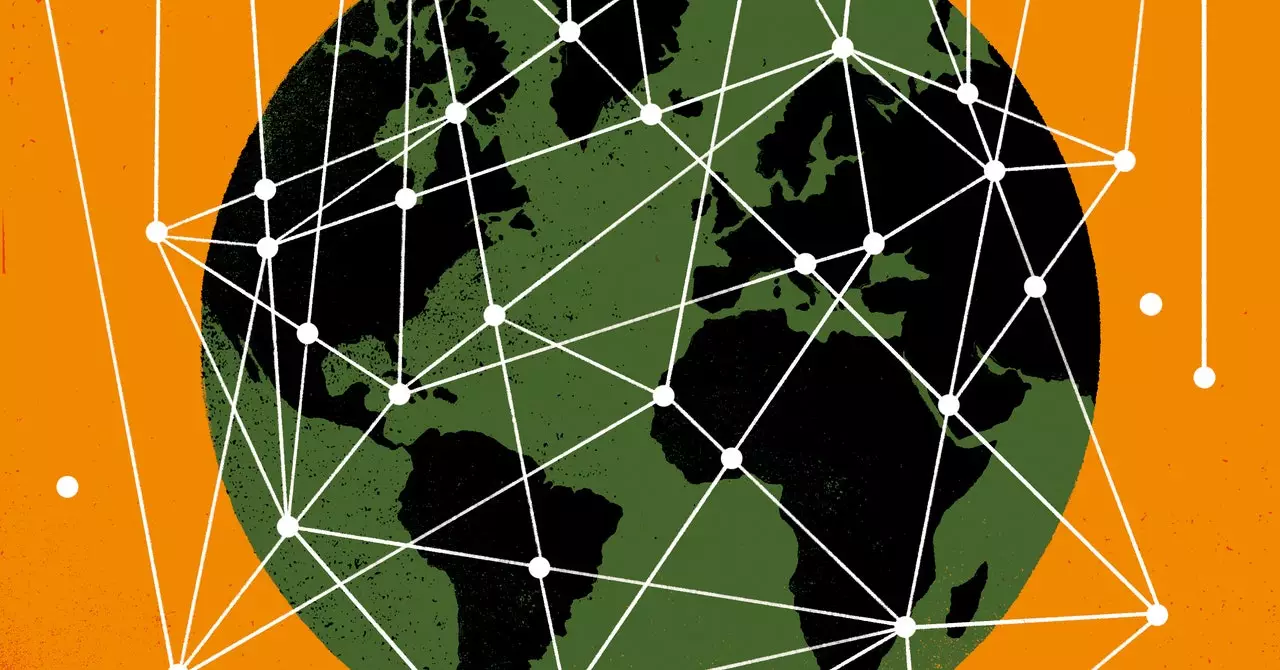The landscape of artificial intelligence (AI) in global politics is on the brink of significant transformation. By the year 2025, the convergence of national interests and a collective understanding of AI’s potential could lead to a strategic realignment in how countries approach this powerful technology. This imminent shift stems from the chaotic firestorm of investment and apprehension that defined the years following the introduction of advanced AI systems like ChatGPT, revealing a battleground of competing interests that threaten cooperative progress.
The post-ChatGPT era has presented a complicated tapestry of optimism and trepidation within AI discourse. The rapid acceleration of investment in AI technologies has often been juxtaposed with worrying calls for restraint from prominent voices in the tech industry. Figures such as Elon Musk and Steve Wozniak notably expressed concerns over the unchecked development of AI capabilities, exemplified by their call for a temporary halt on training systems that surpass GPT-4 in sophistication. Such a duality—gridlocked between a gold rush mentality and the anxiety of a technological crisis—has muddled perspectives, particularly among policymakers who find themselves navigating uncharted waters characterized by both exciting possibilities and potential catastrophes.
Reflection on the historical context reveals that political narratives tend to amplify perceptions of existential threats, leading to overreactions that can stifle innovation and create divisions. Analyzing these concerns brings to mind not just the excitement of announcing ambitious AI initiatives, but rather the cautionary tales of past technological endeavors, such as nuclear arms development. The real challenge lies in reconciling the aggressive fervor for national supremacy in AI with the recognition that cooperation can yield more beneficial outcomes for global society.
The trend of AI nationalism, marked by an aggressive race toward technological supremacy, is exemplified by China’s resolute ambition to establish itself as an authoritative AI superpower by 2030. Initiatives like the “New Generation AI Development Plan” underscore how national policies can shape and drive the future of AI innovation. Concurrently, the US has responded proactively to this challenge through policies like the CHIPs and Science Act, aimed at bolstering domestic semiconductor production while hindering China’s advancements.
Such nationalist approaches view AI as a territory to conquer rather than a shared resource to cultivate. The great miscalculation here is the neglect of diplomacy and collaboration that has previously led to monumental achievements in global governance. The Cold War affords pertinent lessons in this regard, as technological competition can indeed advance human interests if channeled into fruitful cooperation, as seen with the international treatises governing the use of outer space.
Amid escalating concerns surrounding AI, there is a palpable sense that by 2025, the tides may begin to shift towards more diplomatic dialogues. President Macron’s upcoming AI Summit in France symbolizes this shift, moving the focus from safety discussions to pragmatic solutions aimed at societal benefit. The broader implications of international collaboration manifest through increasing dialogues at global forums.
In 2024, the United Nations recognized the necessity for inclusivity in AI discussions and took steps to address it by proposing initiatives that invite diverse nations to the table, thus creating a more democratic platform for dialogue. Similarly, the establishment of bilateral channels of diplomacy between the US and China indicates a cautious yet optimistic approach to tackling AI challenges collaboratively.
Though the effectiveness of these diplomatic strides remains uncertain, the trajectory points towards a budding recognition that cooperative governance of AI is not merely desirable—it is imperative. Rather than viewing AI as a battleground for nations to vie for supremacy, world leaders increasingly appear poised to explore the possibilities of a coordinated global strategy that prioritizes the ethical development and deployment of AI technologies.
The geopolitical climate surrounding artificial intelligence is ripe for transformation as we approach 2025. The crucial insight gleaned from current trends suggests that world leaders are awakening to the realization that their national interests are more effectively pursued through collaborative efforts rather than competitive isolationism. While the legacy of AI nationalism still lingers, the prospect of moving towards diplomacy and cooperative governance stands as a beacon of hope in harnessing the full potential of AI for collective human advancement. The journey towards a future rooted in cooperation may be fraught with challenges, but it promises a richer tapestry of shared innovation, sustainable progress, and inclusive solutions that benefit all of humanity.

